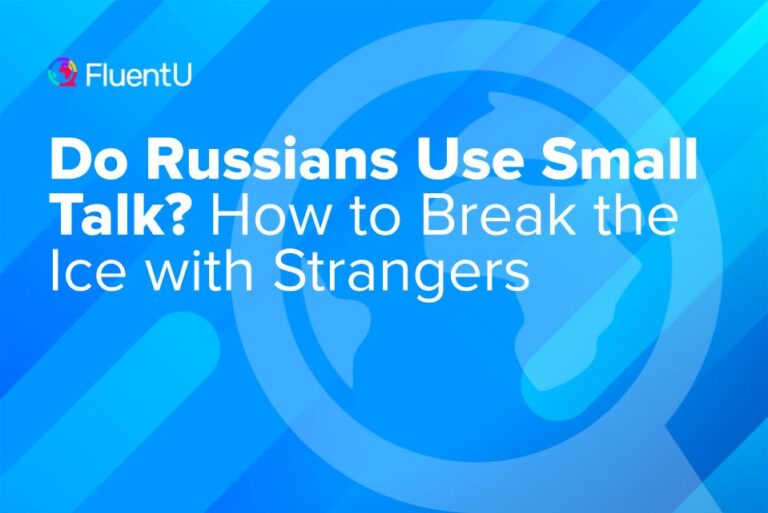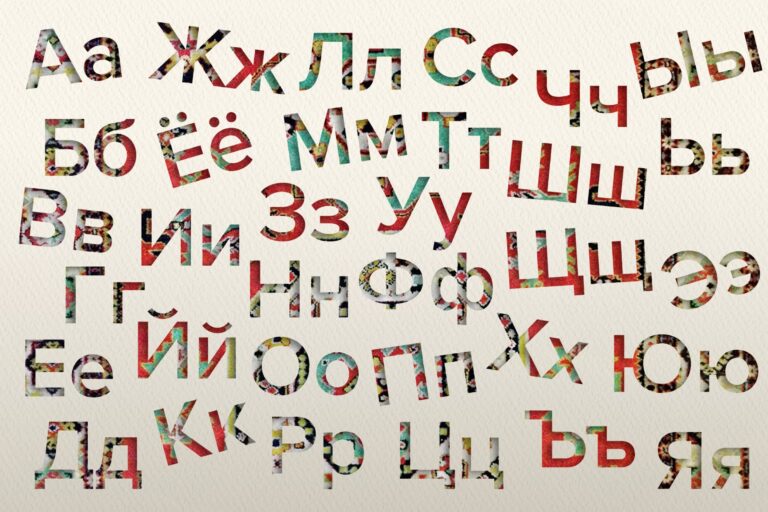Contents
- 1. Привет — Hello
- 2. Как дела? — How are you?
- 3. Чем ты занимаешься? — What are you doing?
- 4. Cупер! — Super!
- 5. Давай — Bye
- 6. Что нового? — What’s new?
- 7. Как ты? — You good?
- 8. Ну и как? — So, how is it?
- 9. Как прошел твой день? — How was your day?
- Addressing Others Informally in Russian
- Why Focus on Informal Russian?
- Where to Practice Informal Russian
- And One More Thing...
9 Common Informal Russian Phrases

Using overly formal language when speaking in Russian to friends and family can make you sound funny or fussy—or at least a little less fluent. Unfortunately, most Russian learners are only exposed to formal language when they start out, and it takes some extra energy and practice to loosen up those language skills.
In this post, discover examples of common informal Russian terms you can use in everyday conversations and will share essential practice tools, grammar tips and common phrases to help you instantly informal-ize your Russian.
Download: This blog post is available as a convenient and portable PDF that you can take anywhere. Click here to get a copy. (Download)
1. Привет — Hello
This is an informal way of saying hello. If you wanted to say it formally, you’d say, “Здравствуйте.”
Another informal term for “hello” is Приветик , a diminutive form of привет. You would say this to someone you know really well, not a stranger on the street.
2. Как дела? — How are you?
This is equivalent to asking someone, “how are things?”, “how’s it going?” or “what’s up?”
The formal version is Как у Вас дела?
You can switch the ending of the word дела to ask in a more playful tone, “Как делишки?” It’s something you might say if you ran into an old friend on the street.
Another informal way of asking “how are you” in Russian is, “Как жизнь молодая?” This is literally translated to “how is young life,” but means “how are you?”
3. Чем ты занимаешься? — What are you doing?
A formal way of saying this would be, “Чем Вы занимаетесь?”
You might use this over the phone or over text, when you want to ask someone what they’re up to. You might also use this phrase if you wanted to check whether someone’s free before asking them to do something.
Another fun way of saying this is, “что ты делаешь?” which also means, “what are you doing?”
4. Cупер! — Super!
This was appropriated from the English word “super” and adopted into Russian.
However, there are tons of ways of saying something or someone is “super” in Russian. These include:
Отлично!This could be used as a word to describe something that’s cool or awesome. If you told someone you got them a free ticket to the movies, they might answer, “Отлично!”
КлассноFor example, you can say, “Как классно, что мы встретились,” which means, “It’s so good that we met.”
БомбаThis is the same as saying something is “the bomb!” in English. For example, “Это печенье просто бомба!” (“This cookie is the bomb!”)
5. Давай — Bye
Давай is slang term to say “bye.” It literally means “to give,” but is also used as a way to end a conversation.
Thus, you can use this term in the following two ways:
Let’s say someone asks whether you want some candy. You could answer, “Давай.” In this case, it would mean “give it to me.”
Or, as the slang term discussed above, you can end a conversation by saying, “Давай, до завтра.” (“Bye, until tomorrow”).
Another informal way to say “bye” is “Пока.” A formal way of saying goodbye would be “До свидания,” which literally means, “until the next meeting.” But informally, you’d just tell someone “Пока” when hanging up the phone or parting ways.
6. Что нового? — What’s new?
Что нового? is the Russian way of asking, “What’s new?” or “What’s happening?”
When catching up with friends, this phrase is your go-to.
It’s an informal and friendly way to check in on someone.
For example, if a friend just returned from a trip, you could ask, “Что нового?” to hear all about their adventures.
7. Как ты? — You good?
Как ты? is the equivalent of the English “You good?” or “Is everything alright?”
This phrase is a staple in casual conversations and shows your genuine interest in the other person’s well-being.
Unlike the more formal “Как у Вас дела?” used in professional or polite settings, “Как ты?” is for friends, family, or anyone you’re on familiar terms with.
Whether you’re meeting up with a friend or chatting online, this phrase helps you connect on a personal level.
Feel free to vary it with the playful “Как делишки?” for an even friendlier tone.
8. Ну и как? — So, how is it?
“Ну и как?” is a versatile expression that translates to “So, how is it?” in English.
It’s often used to aks about someone’s experiences or opinions.
Whether discussing a new movie, a recent event, or someone’s day, this phrase expresses genuine interest.
For example, if your friend just started a new job, you might ask, “Ну и как?” to hear about their initial thoughts.
This informal yet engaging question keeps conversations dynamic and shows your curiosity about the details.
9. Как прошел твой день? — How was your day?
To wrap up a day or start an evening conversation, “Как прошел твой день?” is the perfect question.
Translating to “How was your day?” in English, it allows you to share experiences and feelings with friends or loved ones.
This informal phrase fosters a sense of closeness, indicating that you care about the other person’s daily life.
You might use this when checking in with a friend after work or during a relaxed evening chat.
It’s a simple yet effective way to deepen connections and show that you value each other’s company.
Addressing Others Informally in Russian
If you’re familiar with the difference between tu and usted in Spanish, you’ll have no problem with understanding the differences between ты and Bы in Russian.
Essentially, these are the two different ways to address someone as “you” in Russian. Tы is a casual way of saying “you,” such as when speaking to a friend or a child (similar to tu in Spanish).
Bы, similar to usted in Spanish, is a formal way of saying “you.” This term is used when you want to show respect to the other person and is utilized when speaking to older people, strangers, your boss, etc. Most Russians even use Bы when speaking to some family members, such as aunts and uncles.
For example:
Tы хочешь есть? (Informal way of asking, “Do you want to eat?”)
The formal way of asking the same thing would be, “Вы хотите есть?”
Notice that the ending of the word хочешь (to want) was changed from чешь to тите in the formal sentence, as verb endings also fluctuate depending on the pronoun use.
Why Focus on Informal Russian?
Informal Russian is the everyday language you’d hear spoken on the streets in Russia. If you’re planning to visit Russia, you’ll need it for daily interactions and connecting with native speakers.
Informal Russian will also help you sound more like a native than you would with a formal and rigid tone, which can make it clear that you’re a foreigner.
But informal Russian is also important even if you don’t have a trip planned. If you want to truly understand and enjoy contemporary Russian culture, like movies, TV or internet-speak, you’ll need to grasp the nuances of informal Russian.
You’ll get a clearer understanding of the slang terms, idioms and expressions that make the Russian language colorful through native Russian vidoes, like the kinds you’ll find on FluentU.
FluentU takes authentic videos—like music videos, movie trailers, news and inspiring talks—and turns them into personalized language learning lessons.
You can try FluentU for free for 2 weeks. Check out the website or download the iOS app or Android app.
P.S. Click here to take advantage of our current sale! (Expires at the end of this month.)
Where to Practice Informal Russian
“Russian Slang: Learn to Sound Like a Real Russian in a Week!”
The reason this book promises to make you sound like a real Russian is because it teaches you the slang that you wouldn’t find in most textbooks. Although your American accent might give you away if you try to say these terms out loud, you can surely pass for a Russian should you type them online! Try it in a Russian Facebook group to test this theory out!
The book consists of three chapters, focusing on greetings, exclamations and rude words and other individual slang words.
You’ll get the Russian word spelled out alongside a brief paragraph explaining its correct usage with examples included.
The process of learning a foreign language isn’t always a piece of cake. However, you can make it fun by learning informal sayings, slang terms and even bad words to mix it up with the more complicated and serious parts of learning Russian, like verb tenses and cases.
So Давай for now. Go and learn!
Download: This blog post is available as a convenient and portable PDF that you can take anywhere. Click here to get a copy. (Download)
And One More Thing...
If you love learning Russian and want to immerse yourself with authentic materials from Russia, then I should also tell you more about FluentU.
FluentU naturally and gradually eases you into learning the Russian language and culture. You'll learn real Russian as it's spoken by real Russian people!
FluentU has a very broad range of contemporary videos. Just a quick look will give you an idea of the variety of Russian-language content available on FluentU:
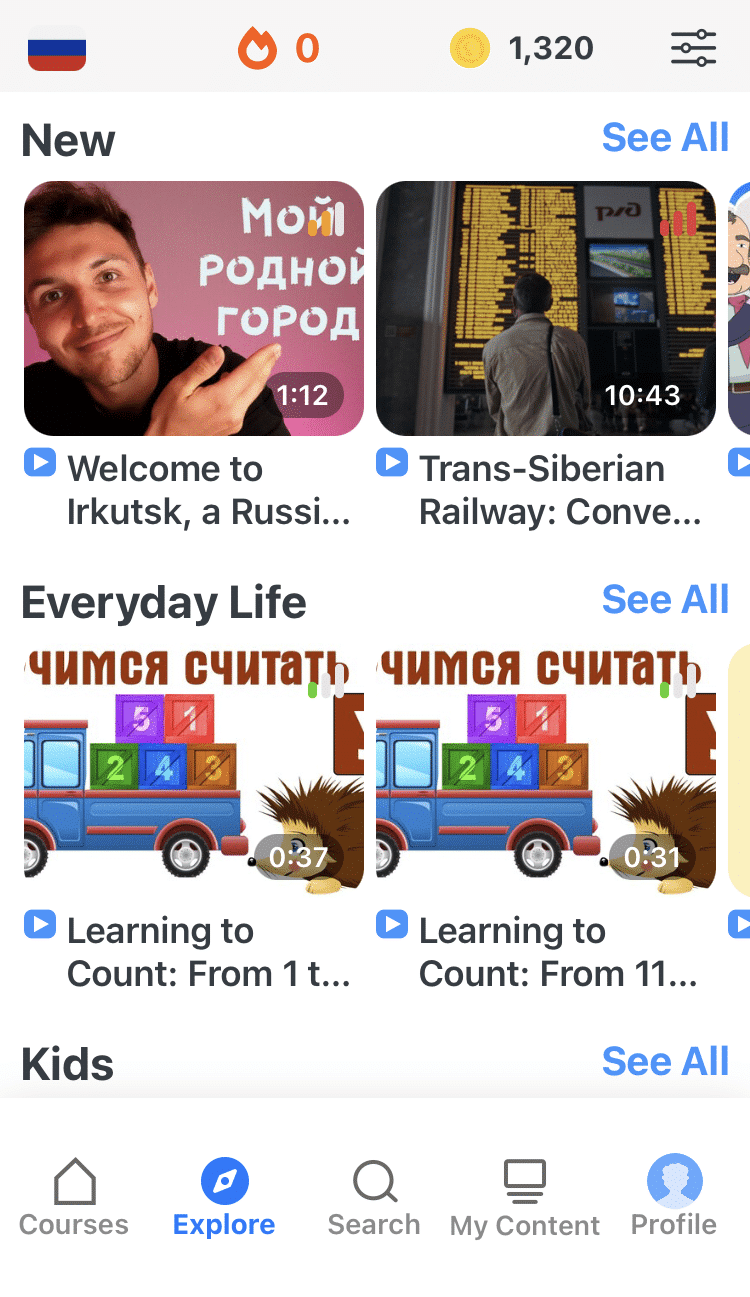
FluentU makes these native Russian videos approachable through interactive transcripts. Tap on any word to look it up instantly.
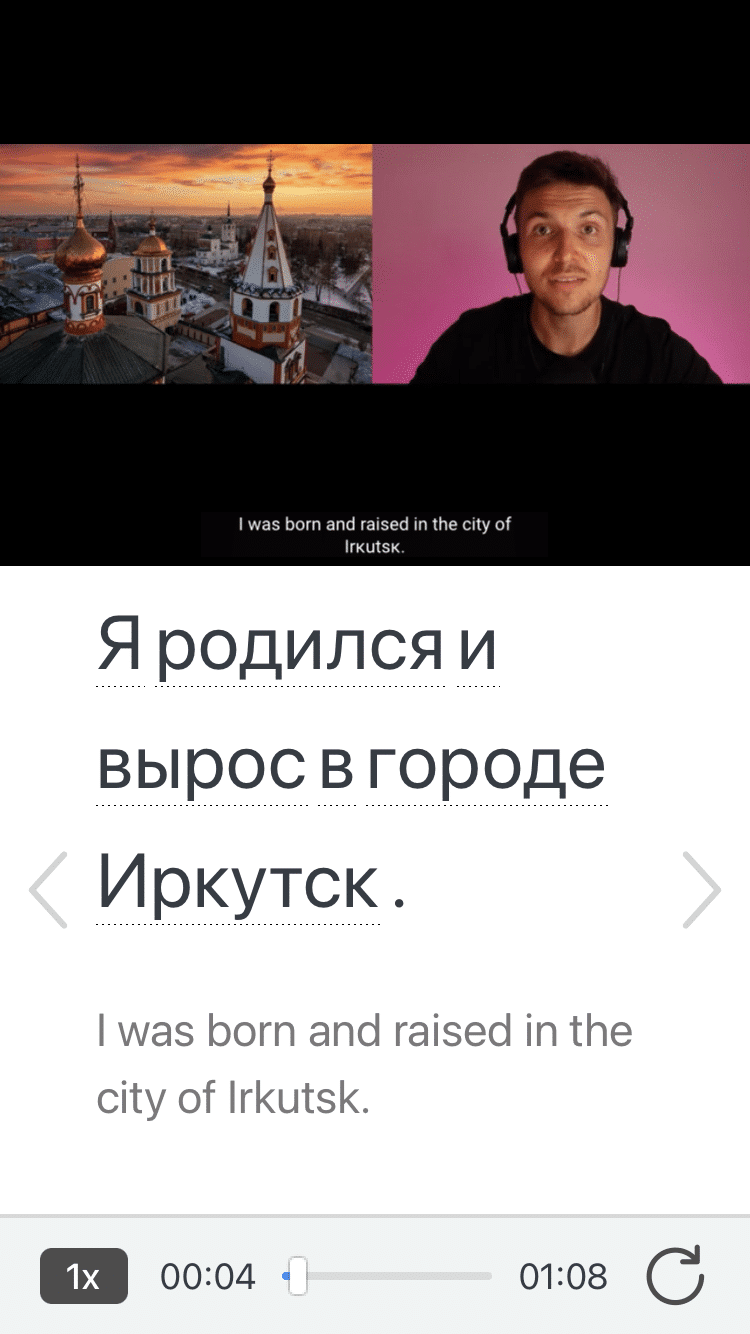
Access a complete interactive transcript of every video under the Dialogue tab. Easily review words and phrases with audio under Vocab.
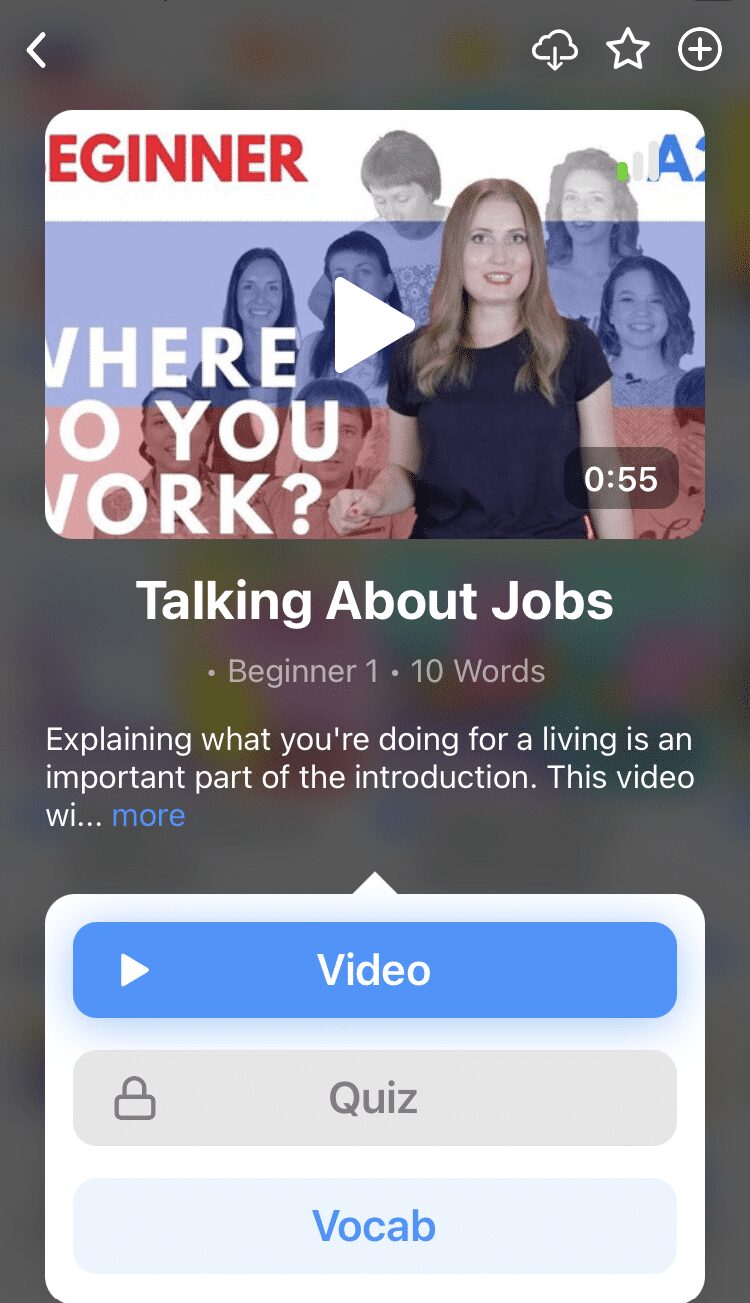
All definitions have multiple examples, and they're written for Russian learners like you. Tap to add words you'd like to review to a vocab list.
And FluentU has a learn mode which turns every video into a language learning lesson. You can always swipe left or right to see more examples.
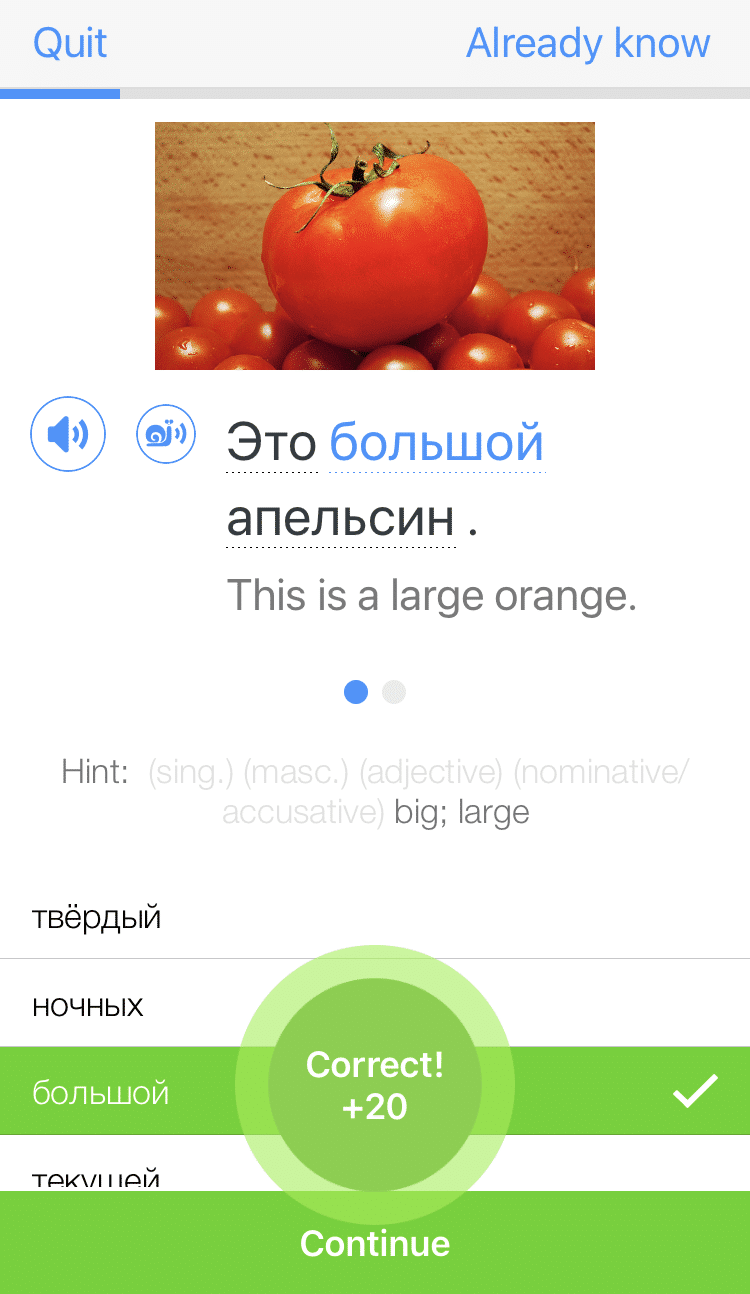
The best part? FluentU keeps track of your vocabulary, and gives you extra practice with difficult words. It'll even remind you when it’s time to review what you’ve learned. You'll have a 100% personalized experience.
Start using the FluentU website on your computer or tablet or, better yet, download the FluentU app from the iTunes or Google Play store. Click here to take advantage of our current sale! (Expires at the end of this month.)


